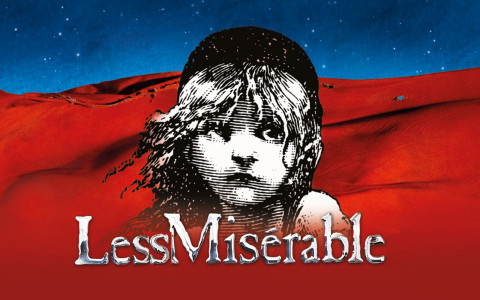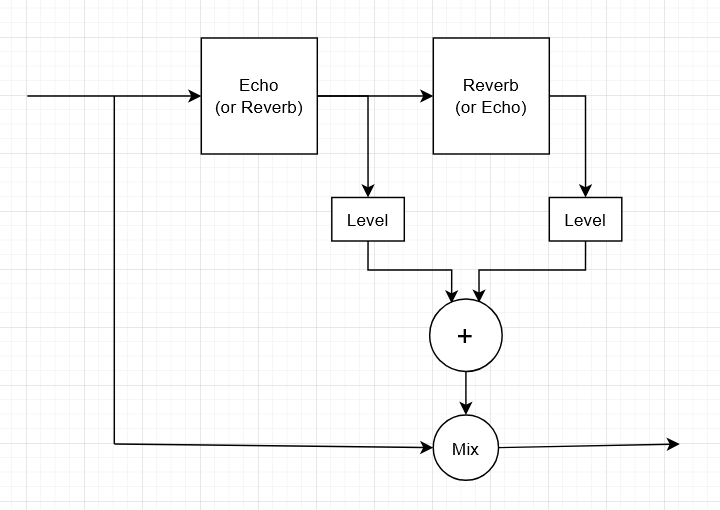Schlappi Engineering Nibbler arrived yesterday and I’ve taken it for a couple of spins.
I’m glad I went for this rather than just a plain shift register. My very first patch was just plugging Just Friends outputs into various inputs — the gates, clock, shift, reset etc. — and playing with Intone, at audio rate. It created a wonderful variety of timbres — noise, obvious PWM stuff, sounds that would switch states periodically, etc. The dual R2R outputs with phase shift switches can generate some surprisingly nice stereo as well.
As a looping melody maker or rhythmic source it’s also fun too of course. As it turns out, the VCV Rack version that I have been playing with for a few days has a couple of incorrect behaviors, so some of the tricks I’d taught myself don’t quite apply to the hardware. But it makes logical sense (which it should, given that it’s a logic module) and the hardware is no less capable.
The anxiety seems to be easing off, with yesterday mostly being a really good day. But I had some discomfort this morning and wound up waking up early again.
Aside from medications and therapy, meditation and breathing exercises etc. there are a few tools which claim to help with anxiety. I’ve been looking into those. Some are no doubt snake oil or massively overpriced, and some companies like to flood the internet with paid influencers and “reviewers” who only parrot the marketing text, so I’ve been trying to sort all of that out.
One of them is simply a little tube, much like a straw or tiny flute, that you wear on a neck chain like jewelry and use for breathing exercises. It slows down exhalation, which can be calming. From what I’ve seen online it works pretty well, but a lot of people think the original one is overpriced if nifty. It was on sale at a more reasonable price, but then I found a cheaper (and neat-looking rainbow titanium) imitator online and decided that might be worth throwing a few bucks at to try out. There are also some electronic “exhalers” which help time breathing exercises, but those cost more and aren’t something I’d be likely to carry with me.
There are also tVNS (transcutaneous vagus nerve stimulation) devices. These are non-invasive gizmos that give you a minor electrical jolt, much like TENS for back pain, intending to stimulate the vagus nerve. This runs from the brain (near the ears) down through the neck, chest and to the GI tract. It’s associated with the parasympathetic nervous system — the one that calms you — and regulation of heart rate, inflammation, etc. There are a lot of devices that make a lot of claims, and… some of them seem to be fairly legit. The worst review was from someone with no anxiety issues, who drinks and sometimes has hangover-related sleep issues, and also people reviewing an earlier version of a neck-worn device that was simply too big for some people. Also the experience of using such a device is apparently a bit weird, which given my experience with TENS is not a surprise. The vagus nerve is also said to be stimulated by deep breathing exercises, humming or singing, and other activities/techniques. So I’m not immediately rushing to buy such a device, but I’m curious what the psych nurse thinks about them.










